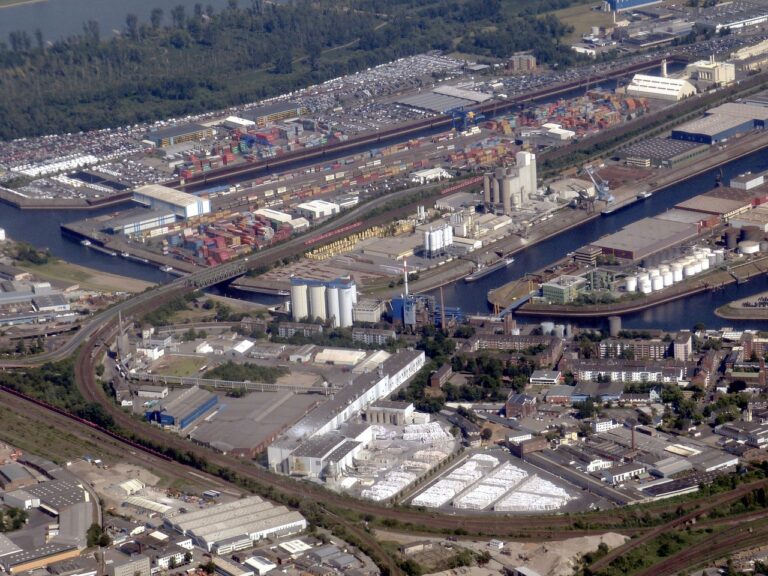The Impact of Economic Conditions on Car Production: Allexchbet, 99exch, All panel.com
allexchbet, 99exch, all panel.com: The Impact of Economic Conditions on Car Production
In the world of manufacturing, economic conditions play a pivotal role in determining the production levels of various industries, including car production. As the economy goes through periods of growth and recession, the automotive industry experiences corresponding fluctuations in demand and supply. In this blog post, we will explore the impact of economic conditions on car production, and how this affects the broader automotive market.
Market Demand and Consumer Confidence
One of the key factors influencing car production is market demand. During times of economic prosperity, consumers are more likely to have disposable income to spend on big-ticket items like cars. This leads to an increase in demand for vehicles, prompting car manufacturers to ramp up production to meet consumer needs. On the other hand, during economic downturns, consumer confidence tends to wane, leading to a decrease in car sales and subsequent production levels.
Supply Chain Constraints and Production Costs
Economic conditions also have an impact on the supply chain and production costs of car manufacturers. During times of economic growth, raw material prices may increase due to high demand, leading to higher production costs for car manufacturers. This, in turn, may affect the profitability of car production and result in lower production levels. Conversely, during economic downturns, raw material prices may decrease, leading to lower production costs and potentially higher production levels.
Labor Market Dynamics
The labor market is another key factor that influences car production. During economic booms, the demand for skilled labor in the automotive industry may outstrip supply, leading to labor shortages and potential production delays. Car manufacturers may struggle to find and retain qualified workers, impacting production levels. On the flip side, during economic downturns, there may be an oversupply of labor in the market, leading to potential layoffs and decreased production levels.
Global Economic Factors
Global economic conditions also play a role in determining car production levels. The automotive industry is highly interconnected, with car manufacturers sourcing parts and components from around the world. Economic conditions in key markets like China, Europe, and the United States can impact the availability of raw materials, labor, and consumer demand, which in turn affects car production levels globally.
Government Policies and Regulations
Government policies and regulations can also impact car production. Economic conditions may prompt governments to implement policies that incentivize car production, such as tax breaks or subsidies for electric vehicles. Conversely, during economic downturns, governments may impose stricter regulations or tariffs that impact the profitability of car production.
Environmental Considerations
Environmental factors are increasingly influencing car production. With growing concerns about climate change and air pollution, car manufacturers are under pressure to produce more fuel-efficient and environmentally-friendly vehicles. Economic conditions can impact the pace of this transition, with higher production costs for eco-friendly vehicles potentially impacting overall production levels.
FAQs
1. How do economic recessions impact car production?
During economic recessions, consumer demand for cars tends to decrease, leading to lower production levels. Car manufacturers may also face supply chain disruptions and higher production costs, impacting profitability.
2. What role do government policies play in car production?
Government policies can incentivize or deter car production through tax breaks, subsidies, regulations, and tariffs. Economic conditions may influence the type and extent of government intervention in the automotive industry.
3. How do global economic factors impact car production?
Global economic conditions can impact car production through the availability of raw materials, labor, and consumer demand. Economic conditions in key markets like China, Europe, and the United States can have ripple effects on car production globally.
In conclusion, economic conditions play a significant role in shaping the production levels of the automotive industry. Factors such as market demand, supply chain constraints, labor dynamics, global economic factors, government policies, and environmental considerations all influence car production levels. As the economy continues to evolve, car manufacturers will need to adapt to changing economic conditions to remain competitive in the dynamic automotive market.







